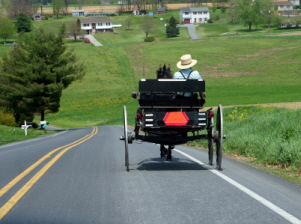Two companies recently teamed up to offer their services to families with roots in the African Diaspora.Slave Descendants Freedom Society and Diversity Restoration Solutions are bringing a seminar series to 50 cities in the
“This interactive seminar series is a stepping stone in that it seeks to help African Americans find their self identity, understand the benefits of restoring the core family base, and move forward in leveraging resources as a people,†said Sheppard, author of “Ancestor’s Call,†a genealogy and historical accounting of the Grandy family and Moses Grandy, an ancestor whose story was originally told in a rare 1843 slave narrative. “It’s important that we lay the foundation for generations coming after us; our children and grandchildren need to know who they are in order to receive their inheritance. This seminar honors the contributions of our ancestors but with an emphasis that this recognition should not occur just during Black History Month, but as a way of life, everyday. Participants will come away with a greater understanding of themselves, an action plan for tracing their family tree and hopefully a stronger appreciation for family and desire to pay it forward in their community.â€A pdf brochure is available.


 Yesterday was another big day for genetic genealogy, with two major announcements.First, as I have previously mentioned, Ancestry.com teamed up with Sorenson Genomics to offer DNA testing.The results of that testing can be, at the owner’s discretion, tied into a new DNA database as well as their massive collection of genealogical source materials.Here’s the official announcement from PRNewswire: “
Yesterday was another big day for genetic genealogy, with two major announcements.First, as I have previously mentioned, Ancestry.com teamed up with Sorenson Genomics to offer DNA testing.The results of that testing can be, at the owner’s discretion, tied into a new DNA database as well as their massive collection of genealogical source materials.Here’s the official announcement from PRNewswire: “
